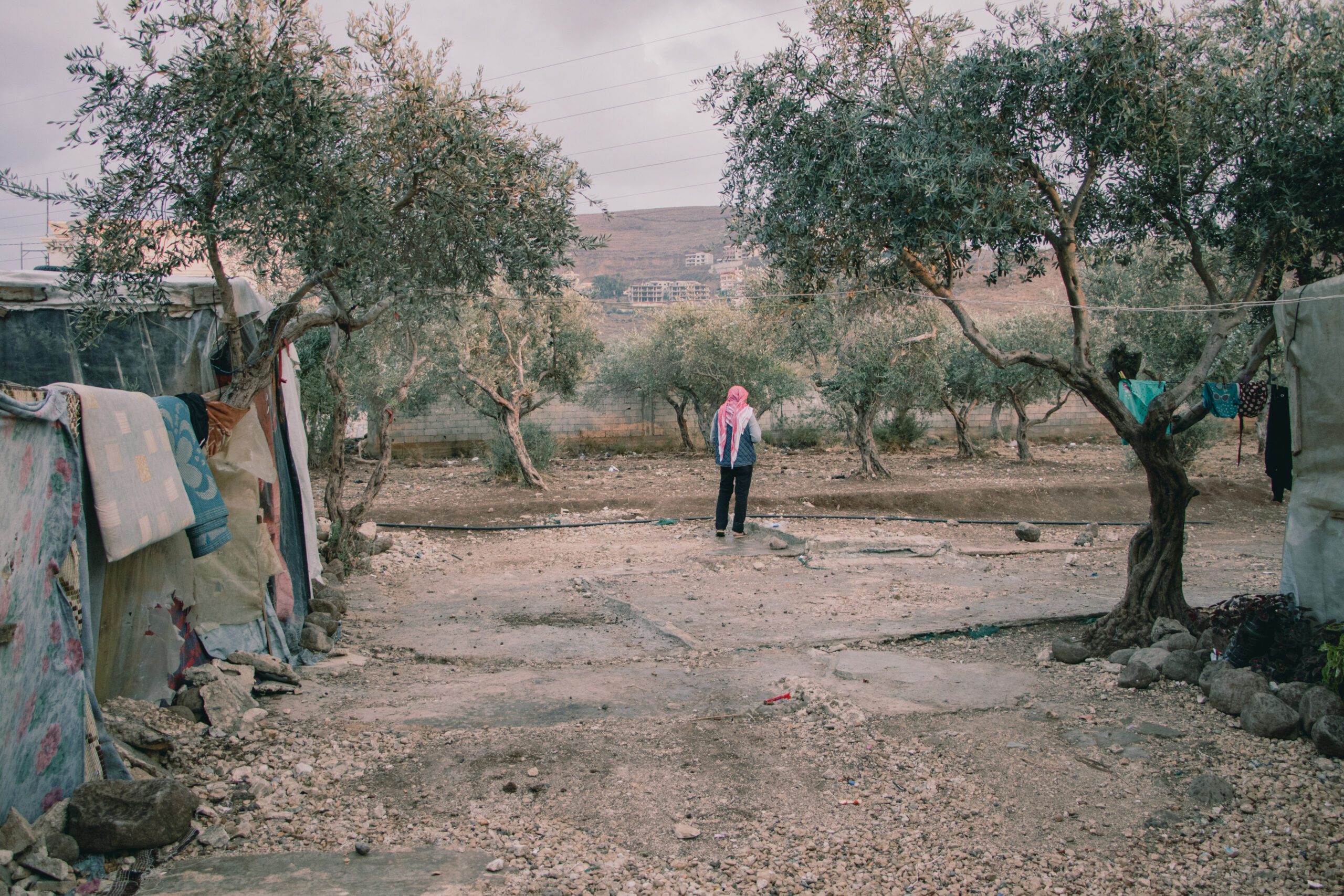A new report by the Anti-Racism Movement in Lebanon (linked here) shed a light on the racism that refugees and migrants in Lebanon are subjected to, revealing concerning information around children being institutionally discriminated against, such as by hospitals.
Racism Against Refugee Children
The denial of healthcare rights is one of the many issues impacting refugee children amidst widespread calls against integration.
In an interview with Beirut 24, president of the General Federation of Lebanese Trade Unions Maroun El Khaouli attacked the integration of Syrian children into schools, claiming it’s meant to “erase” the Lebanese population.
El Khaouli also issued accusatory and inciteful statements against refugees and spread false information claiming that Syrian children are being prioritized over Lebanese ones, despite studies showing that Syrian aspiring students are arbitrarily rejected by Lebanese schools.
This is not the first time that Syrian children are the target of racist statements, media campaigns and social stigmatization.
Narratives which associate refugees having children with existential threats of overpopulation, the change of the Lebanese social fabric and the perpetuation of poverty reinforce existing institutional discrimination and directly cause the marginalization of refugees and their children, establishing a vicious cycle of exclusion and impoverishment.
An intersectional lens is necessary to understand the plight of refugee children, given the strong correlation between refugee status and poverty. Existing research informs that children with disabilities have very limited access to learning opportunities and that Syrian persons with disabilities face greater challenges when it comes to obtaining needed services from the health sector.
Kafala and Human Trafficking in the Arab Region
The report by ARM also featured an article by Sharika Wa Laken detailing the different forms of violence that domestic workers face under the Kafala system and the circumstances of forced labor under Kafala, alongside child labor under the umbrella of human trafficking.
In addition, ARM featured an article published by Beirut Today which details the daily conditions of migrant domestic workers in Lebanon and emphasizes collective efforts to combat the Kafala system.
Worrying nstitutional and Social Developments
The violations highlighted in ARM’s report come in the context of wider political initiatives targeting refugee presence.
More recently, notable Lebanese politicians such as Minister of the Displaced Issam Sharaf al-Din and Minister of Social Affairs Hector Hajjar have described Syrian newcomers as economic migrants, as opposed to refugees fleeing military operations, and as such have supported and called on security and armed forces to take measures.
On their part, Members of Parliament, such as Elias Jaradeh, have proposed draft laws for the repatriation of refugees as part of initiatives that have gained popularity over social media platforms.
These initiatives come concurrently with wider social media and mainstream television media campaigns that describe the influx of refugees as threats to the Lebanese state. These mediums also spread false and exaggerated data regarding the aid that refugees receive from international organizations, despite such aid significantly decreasing throughout the last period.
During the last few years, refugees have been victims of mass expulsions from camps and tent-burning raids, often occurring after individual incidents. This comes in line with a series of actions taken by official appratuses, such as deportations carried out by the Lebanese Army and the Military Intelligence, with reported involvement from the Syrian regime according to Syrian-based organization Etana.
The latest developments in Lebanon’s multifaceted crisis largely consisted of increased crackdowns on communities who are already on the marginal ends of social service delivery, policymaking, and social norms.
The result of these crackdowns is escalatory discourses and violence increasingly target refugees, LGBTQIA+ people, journalists, and others.
As ARM’s report highlights, the implications of the UNHCR’s latest data sharing agreement with the Lebanese state remain obscure. Given the current state of affairs, such a lack of transparency should naturally set off alarms of further violations, but with refugees already marginalized, concern is only coming from activists and grassroots organizations.


